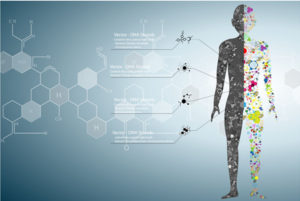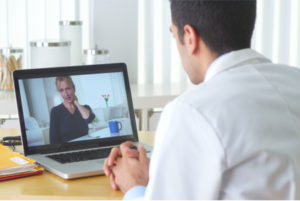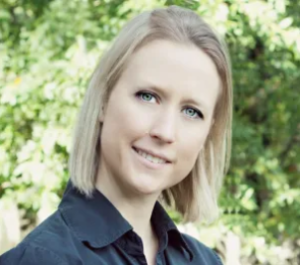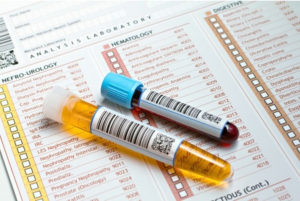 Supporting Research
Supporting Research
The good news is that there is significant research underway in the Alzheimer’s disease scientific community. See the National Institutes of Health Alzheimer’s Disease Research Centers website. It provides links for studies and trials patients can enroll in. Enrollment in a clinical trial can be an important source of answers for Alzheimer’s.
The Kauwe Lab
Hope Philanthropies supports research of the Kauwe lab at Brigham Young University. Dr. Keoni Kauwe is an internationally recognized leader in Alzheimer’s disease genetics research, and his discoveries are making key contributions to the field.
Did you know there are genetic markers that act as protective genes to prevent Alzheimer’s? RAB10 is one such gene that could pave the way for the development of a therapeutic approach leveraging the potential of gene therapy to treat neurological disorders. Dr. Kauwe’s lab discovered this important breakthrough.
Hope Philanthropies supports genetics research, including the genome-wide sequencing of the Cache County (Utah) Study on Memory in Aging. Dr. Kauwe’s work on this project could lead to treatment options, diagnostic testing breakthroughs, disease prevention, and an increased understanding of the genetic underpinnings of Alzheimer’s.
Please Donate to Dr. Kauwe’s work and make a difference in the fight against Alzheimer’s. Or contact Hope Philanthropies for more information.

 The HOPE Academy for Early Intervention
The HOPE Academy for Early Intervention The HOPE Academy Webinar Series
The HOPE Academy Webinar Series Allison McKeany, MS, RD is the course instructor. She is a Registered Dietitian with extensive experience in both hospital-based inpatient and outpatient dietetics. For the past five years she has focused on the role of nutrition and lifestyle in cognitive health. Allison is a skilled and compassionate presenter and healthcare professional who enjoys working with patients to address specific dietary interventions to address the modifiable risk factors of cognitive decline. She continually strives to make healthy eating and lifestyle behaviors realistic, enjoyable, and sustainable.
Allison McKeany, MS, RD is the course instructor. She is a Registered Dietitian with extensive experience in both hospital-based inpatient and outpatient dietetics. For the past five years she has focused on the role of nutrition and lifestyle in cognitive health. Allison is a skilled and compassionate presenter and healthcare professional who enjoys working with patients to address specific dietary interventions to address the modifiable risk factors of cognitive decline. She continually strives to make healthy eating and lifestyle behaviors realistic, enjoyable, and sustainable. Facilitating Healthcare Answers
Facilitating Healthcare Answers